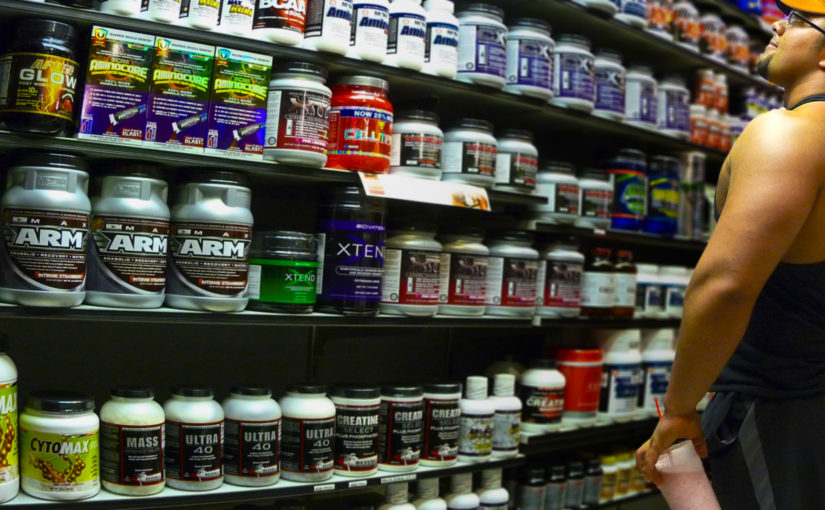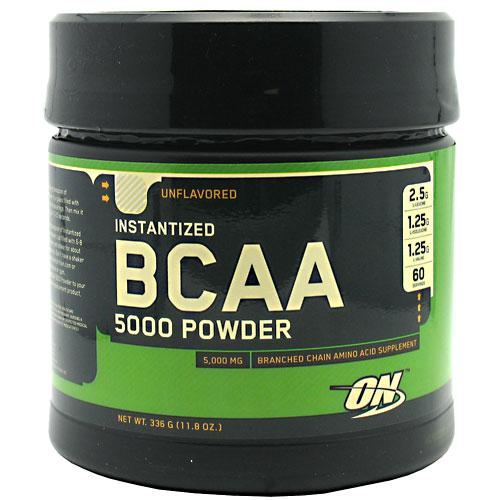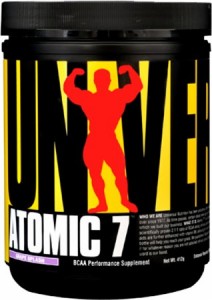It’s funny, with the amount of hype the supplement industry gets these days, it’s really hard to tell what Pre-workout supplement is the best to go with.
I get asked all the time about which one I use and/or if I have my own special formula for getting an insane pump and crazy energy. While both of these have been true in some regard, I want to clear up some common mis-beliefs about what your pre-workout supplement can do for you.
Myth #1 – Taking a pre-workout supplement will make my workout better
I’m sorry to be the bearer of bad news but this isn’t always the case. I would never say that using these supplements is a bad idea either, however the CONTEXT of supplementation, there’s a lot that can be negative.
Do you ever wonder why after using the same pre-workout supplement for weeks on end, you will tend to not FEEL it working anymore? Hmm, maybe there’s something to that, I wonder?
Your body is extremely smart. Once you saturate your muscle cells and receptors with the same thing over and over again, the end result becomes bland and almost useless. This same principle can apply to almost anything you do.
Take for instance in business; would you always use the same marketing plan to increase profit over 20 years? Absolutely not. Times change, the market changes, and we are forced to adapt to grow.
Your body is built the same way.
So with the question as to if the pre-workout supplement you use right now is actually HELPING you train harder and longer, my answer for you is, “it depends”.
- How long have you been taking it?
- How much of it are you taking?
If your first answer is anything over “a month”, then you might be wasting your money.
Here’s the conclusion to this myth: Taking a pre-workout supplement for too long may actually make you feel WORSE in the gym than not taking it at all. Maybe you should give your adrenal glands a break for a bit huh?
Myth #2 – I can trust the label on the products I take
I don’t know about you but I love simplicity. Worrying about the integrity of 20+ products on any GNC shelf seems exhausting, and to be honest, I know there’s a simple answer to this.
Before I give it to you though, I want you to see some recent news about one of the major products that have been popular amongst our fitness and bodybuilding family: Iron Mass from Muscle Pharm.
Here’s a clip from a Forbes article (also referenced at the bottom of this page):
“Similarly, a lab test of MusclePharm’s “Arnold Scharzenegger Series Iron Mass” revealed that just 19 of the promised 40 grams of protein were present, according to exhibits in the lawsuit.”
“I believe it is a pretty simple, cut and dry issue: We allege in these lawsuits that these companies use misleading language on the label regarding the amount of actual protein in the products, and the consumers are the ones that pay. That’s the bottom line,” says Nick Suciu, the lead attorney for the plaintiffs on many of the lawsuits. “I began developing the cases because customers have been misled by this practice for years.”
Pretty shady huh?
You can take from this article what you will, but my point is that it can be extremely hard to trust the products you put in your body, period. Most of us don’t have the time anyway to do all the research that is needed to make a logical, educated decision. It’s just easier to pick a canister off the shelf that looks shiny and “hardcore” enough to make you feel tingles in your face and the short-term ability to smell colors.
“BRO! This stuff is working!”
One MAJOR Problem…
Stick around for PART 2 of this article to find out the solution!
Your Mindset Muscle Coach,



